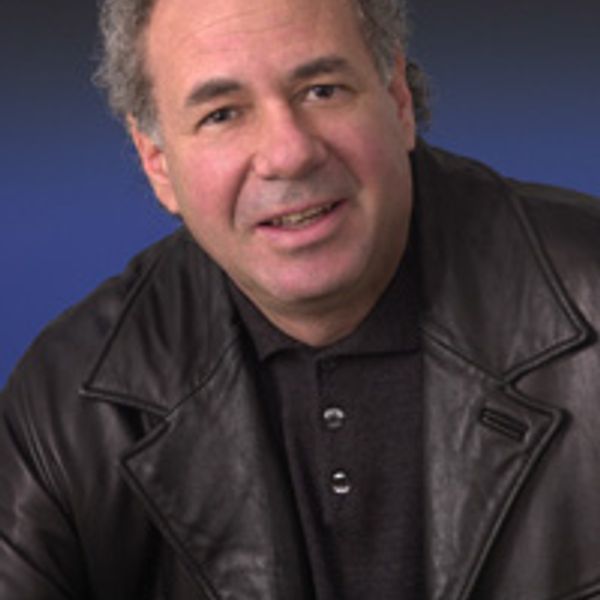Lia Purpura, Parasol Mushroom (detail), featured in AGNI 102
Ellipsis, Third or Fourth Dot, Depending
“All my life I wanted to join the carnival.
I would be happy there upon the midway,
Tearing the heads off chickens. I know
This sounds grotesque, someone’s mad ravings
Or sick bravado. How to say, I mean it only
Metaphorically. When I compare myself
I don’t appear so badly. The mess I have
Made around me, which is not chicken heads
But letters, library books, shut-off notices,
Rebukes me less. I see myself as a defined
Person, one with sharp edges, a good suit
That fits and a silk shirt buttoned to the neck.
The world loves a gent. It looks at my shoes.
I wear a white scarf and I am off to the opera.
All my life I wanted to join the opera.
I would be perfect there among the painted sets,
Singing basso profundo under my cap. I could
Even play a woman there and show the crowd
Things I am capable of doing. The flowers thrown
To the footlights would enclose me like a garden.
All my life I wanted to exist in a garden.
Standing like a timepiece in the center of the lawn,
The barely perceptible movement of my shadow
Would be nonetheless significant as the hours
That revolve on my face. At night I’d be meaning-
Less to anyone but myself, or on a cloudy day.
All my life I wanted to join the clouds,
To be among them, the easily ethereal,
The ever-changing, and handsomely made. I
Would drift, congregate, vanish, roll in,
And sometimes touch the others into a day
So black the ground seems farther than the sky.
All my life I wanted to be the sky,
To carry the whole of the world inside me,
To pat my forests and deserts with satisfaction.
My God, I could be the child Sky Day,
Born on a commune to idealists, given to
Wearing black and nose rings and being twenty
For the first time and only time in his/her life;
To be that shaven-headed and vital, to have
Written in paint on the wall of the city
When all my life I wanted to be that wall—
Part of the neighborhood, the block, the building:
To be seen in a rush through the express bus window
Or studied a long time in traffic. HOW MANY
DEAD, MR. PRESIDENT. NO BLOOD FOR OIL.
DANIELLE I STILL LOVE YOU. ICE RULES.
And I have wanted to be my neighborhood,
My block, my building. I have wanted
To be this city where I live, to walk down
The avenues of myself, whistling a tune
Through all the people that look like me.”

Stuart Dischell
Stuart Dischell is the author of Children with Enemies (University of Chicago Press, 2017), as well as Good Hope Road, a 1991 National Poetry Series Selection (Viking, 1993); Evenings & Avenues (Penguin, 1996); Dig Safe (Penguin, 2003); and Backwards Days (Penguin, 2007). Dischell’s poems have been published in journals such as The Atlantic, The New Republic, AGNI, Slate, The Kenyon Review, and in anthologies including Essential Pleasures, Hammer and Blaze, The Pushcart Prize, and Good Poems. A recipient of awards from the National Endowment for the Arts, the North Carolina Arts Council, and the John Simon Guggenheim Foundation, he teaches in the MFA program in creative writing at University of North Carolina Greensboro. He is a contributing editor of AGNI. (updated 4/2019)
Dischell’s first full-length collection Good Hope Road was reviewed in AGNI 40 by Joseph Lease.
Dischell’s collection Evenings & Avenues was reviewed in AGNI 46 by George Weld.
